Being served with an order of protection can be a confusing and stressful experience. Knowing the right steps to take is crucial for protecting your rights and interests.
What to Do if You’re Served With an Order of Protection
This guide provides a comprehensive overview of the actions you should consider if you find yourself facing an order of protection. It explains:
- Understanding the order
- Complying with the order
- Seeking legal counsel
- Preparing for your defense
- Exploring resolution options
Here’s a closer look at each.
Understanding the Order
The first step after being served with an order of protection is to thoroughly understand its terms. This includes knowing the restrictions placed upon you, such as no contact with the petitioner or staying away from certain locations. It’s crucial to understand every aspect of the order to ensure you don’t inadvertently violate its terms.
Related: Domestic battery criminal defense
Complying with the Order
Compliance with the order is essential, regardless of whether you agree with it. Violating the order can lead to serious legal consequences, including criminal charges. Even if you intend to challenge the order, you must adhere to its terms until it is modified or dismissed by a court.
Seeking Legal Counsel
Consulting with a lawyer is a critical step. A lawyer can provide advice on your legal options and the best course of action. They can help you understand the implications of the order and guide you through the process of challenging it, if appropriate.
Related: Is fighting with an adult sibling considered domestic violence?
Preparing for Your Defense
If you choose to challenge the order, preparing a strong defense is key. This may involve gathering evidence, such as messages, emails, or witness statements, that support your case. A lawyer can assist in compiling and presenting this evidence effectively.
Exploring Resolution Options
There may be options for resolving the situation outside of court, such as mediation or negotiation. A lawyer can help explore these alternatives, which might lead to a more amicable resolution and potentially result in the modification or dismissal of the order.
FAQ About Orders of Protection
Here are some commonly asked questions about orders of protection.
What Should I Avoid Doing If I Have an Order of Protection Against Me?
Avoid any form of contact with the petitioner and refrain from visiting places you’re restricted from as per the order.
Can I Contact the Petitioner to Resolve the Issue?
Direct contact with the petitioner, if prohibited by the order, can lead to legal consequences. Any communication should be handled through your lawyer.
Related: How can a domestic battery charge change your life?
How Long Does an Order of Protection Last?
The duration varies depending on the type of order. Emergency orders are short-term, while plenary orders can last up to two years.
What Happens If I Violate the Order?
Violating an order of protection can result in arrest and criminal charges, so adherence is crucial.
Can a Lawyer Get an Order of Protection Dismissed?
A lawyer can argue for the dismissal or modification of the order based on evidence and legal arguments.
Navigating the complexities of an order of protection requires a clear understanding of your legal obligations and rights. Adhering to the order while seeking legal counsel to explore your options is essential. A lawyer’s expertise can guide you through this challenging time, ensuring that your rights are protected and working towards the best possible outcome.
Do You Need to Talk to an Attorney About Domestic Battery Defense?
If you need to talk to a domestic battery defense attorney in Illinois, we’re here to help. Call us at 847-920-4540 now – we’ll be happy to give you a free consultation and talk to you about your options.

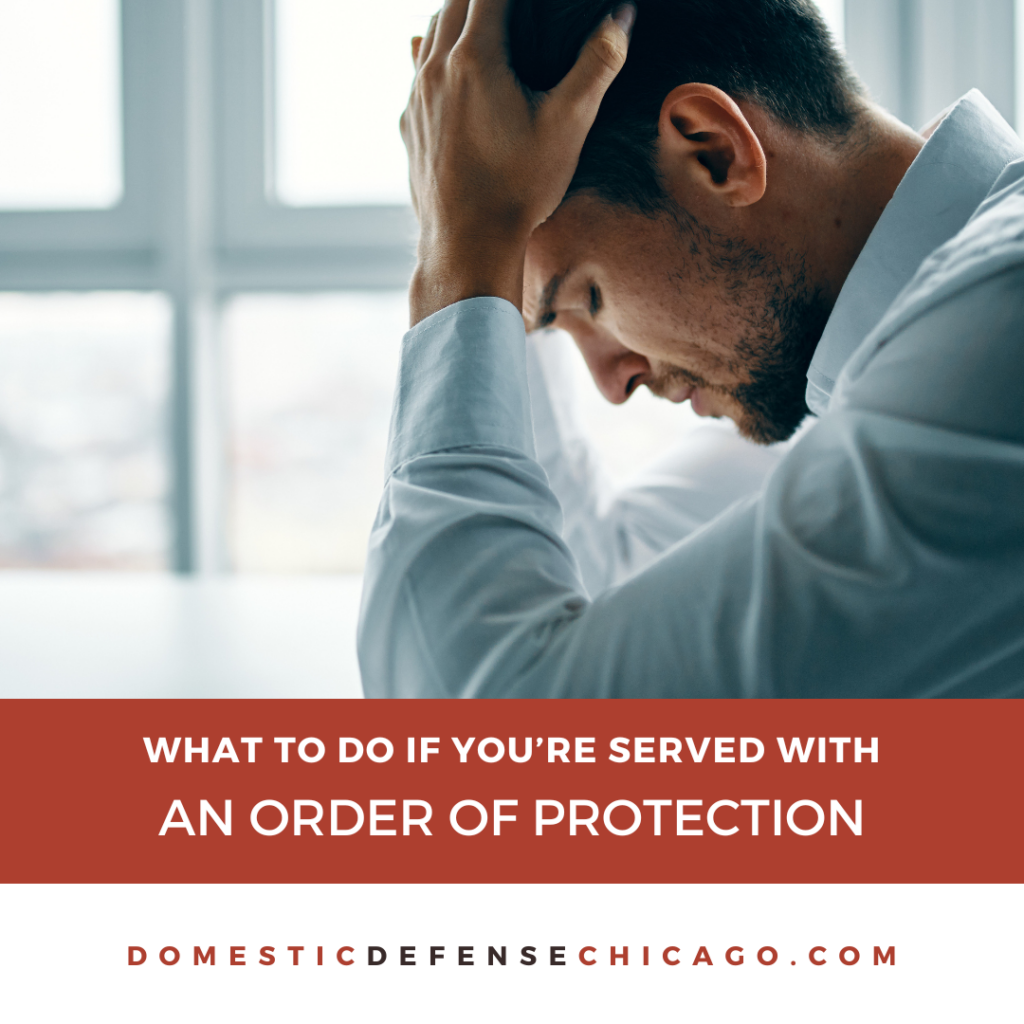
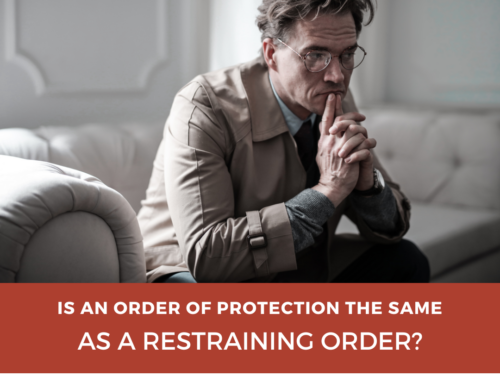
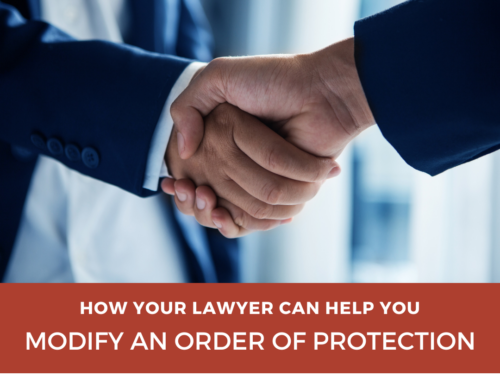
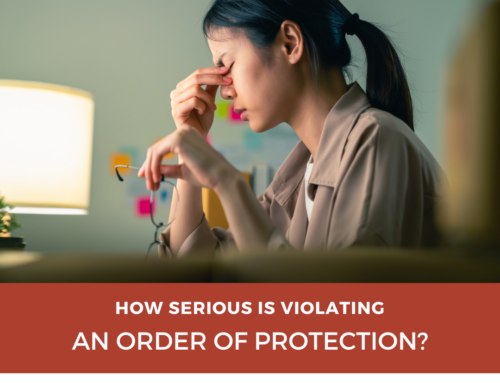
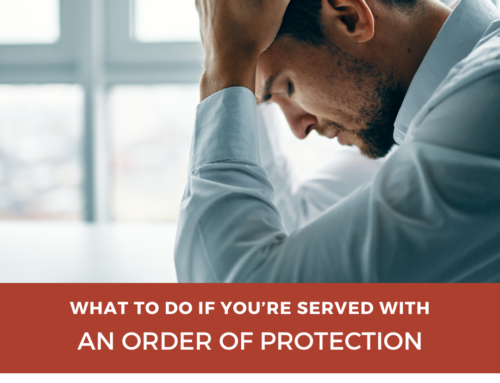
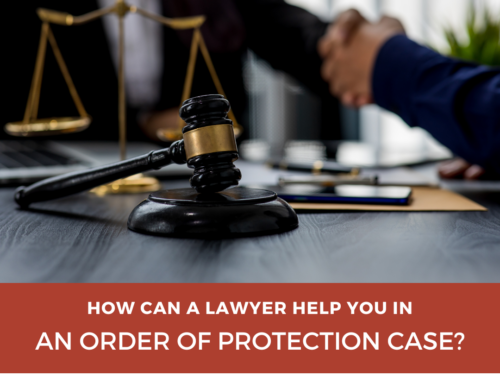
Leave A Comment
You must be logged in to post a comment.